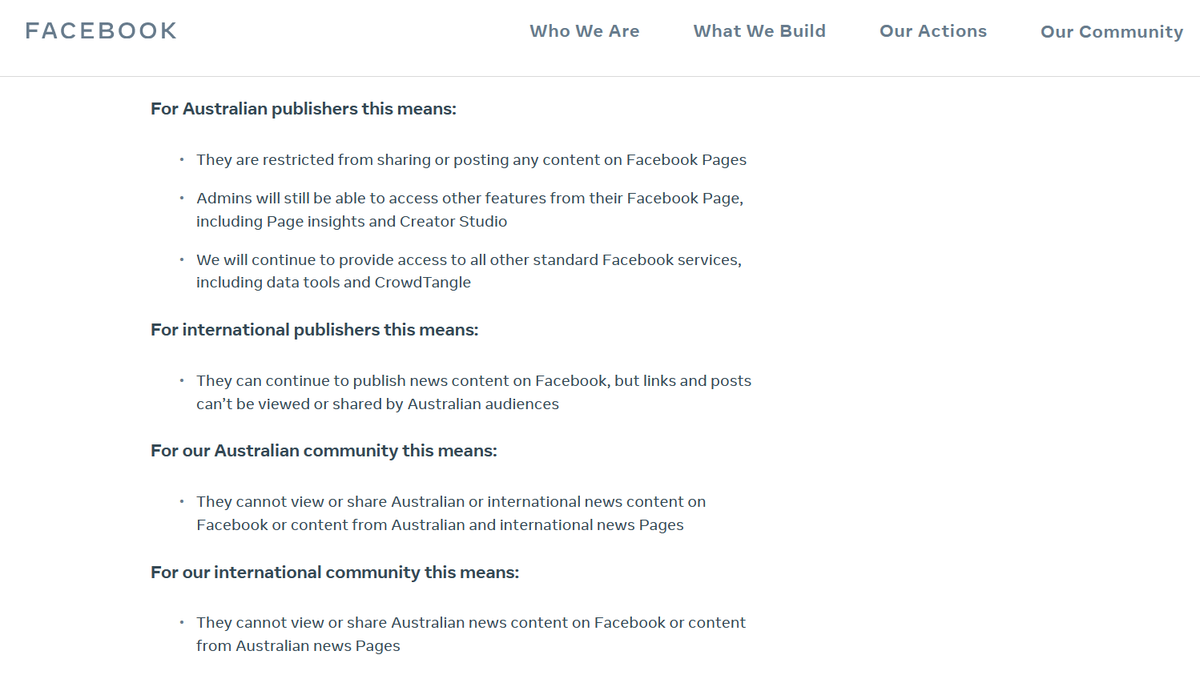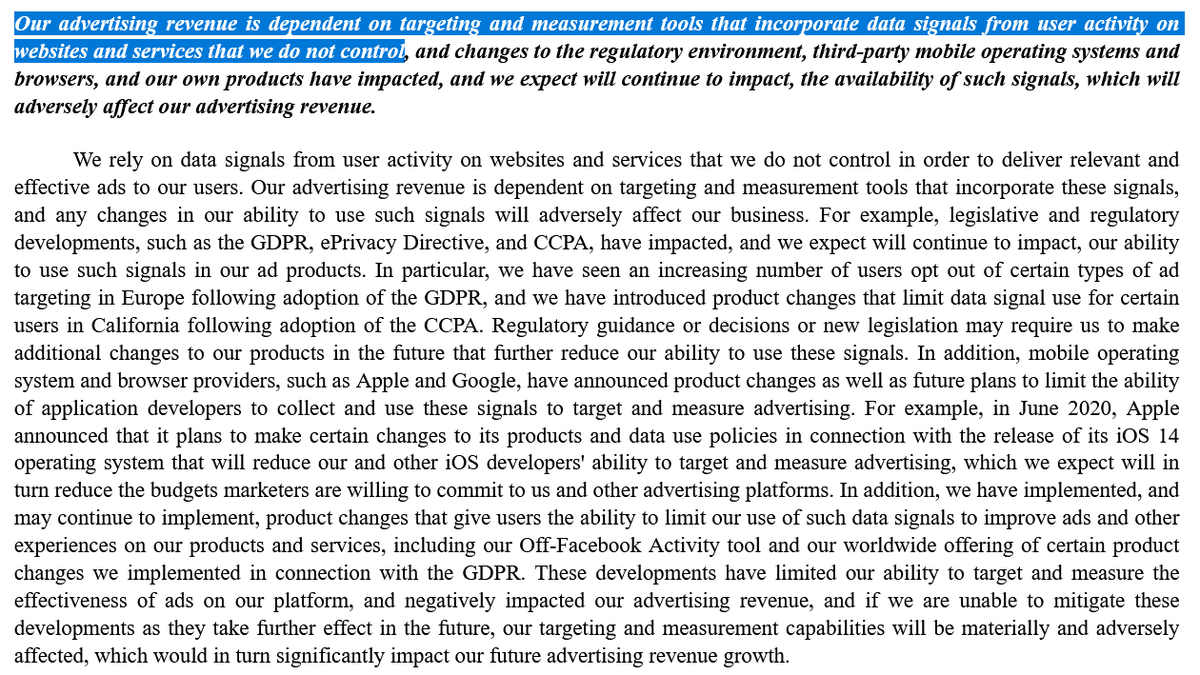
A year ago, we first learned that data on the movements of millions secretly harvested from apps is not just exploited by myriads of shady data firms but even bought by FBI/DEA/DHS and the US military.
Best summary of what we know and what has to be done: vox.com/recode/2227840…
Best summary of what we know and what has to be done: vox.com/recode/2227840…
By @SaraMorrison /w @seanodiggity & Senator @RonWyden
I told her:
"The mobile app economy became a cesspool of data exploitation. The only way to fix this is to finally enforce data protection law in the EU, and to introduce strong legislation in the US and in other regions"
I told her:
"The mobile app economy became a cesspool of data exploitation. The only way to fix this is to finally enforce data protection law in the EU, and to introduce strong legislation in the US and in other regions"
And:
“Location data brokers use many ways to source data from apps. They can make apps embed their data collection code, harvest it from the bidstream in digital advertising, source it directly from app vendors, or just buy it from other data brokers”
Google won't stop this.
“Location data brokers use many ways to source data from apps. They can make apps embed their data collection code, harvest it from the bidstream in digital advertising, source it directly from app vendors, or just buy it from other data brokers”
Google won't stop this.
Google doesn't really care, because if it would, it would have to ban half of the apps from its app store.
Google has co-created today's broken mobile data harvesting economy, it has control of its most important part (device IDs) and its business relies on it in different ways.
Google has co-created today's broken mobile data harvesting economy, it has control of its most important part (device IDs) and its business relies on it in different ways.
Most app vendors also don't care. Why should they? It doesn't matter. Nobody cares. And in many cases, they benefit from it.
Btw. this is hilarious (and telling):
"Kulemba told Recode that it’s having trouble accessing the code to remove the SDKs from Android apps"
Btw. this is hilarious (and telling):
"Kulemba told Recode that it’s having trouble accessing the code to remove the SDKs from Android apps"

Admittedly, app vendors are often in the same situation as users: they just don't have a choice. Because the whole ecosystem is broken.
This is why I think that regulation (and its enforcement) is the only way to fix this.
Also, Google must be broken up.
This is why I think that regulation (and its enforcement) is the only way to fix this.
Also, Google must be broken up.
• • •
Missing some Tweet in this thread? You can try to
force a refresh









